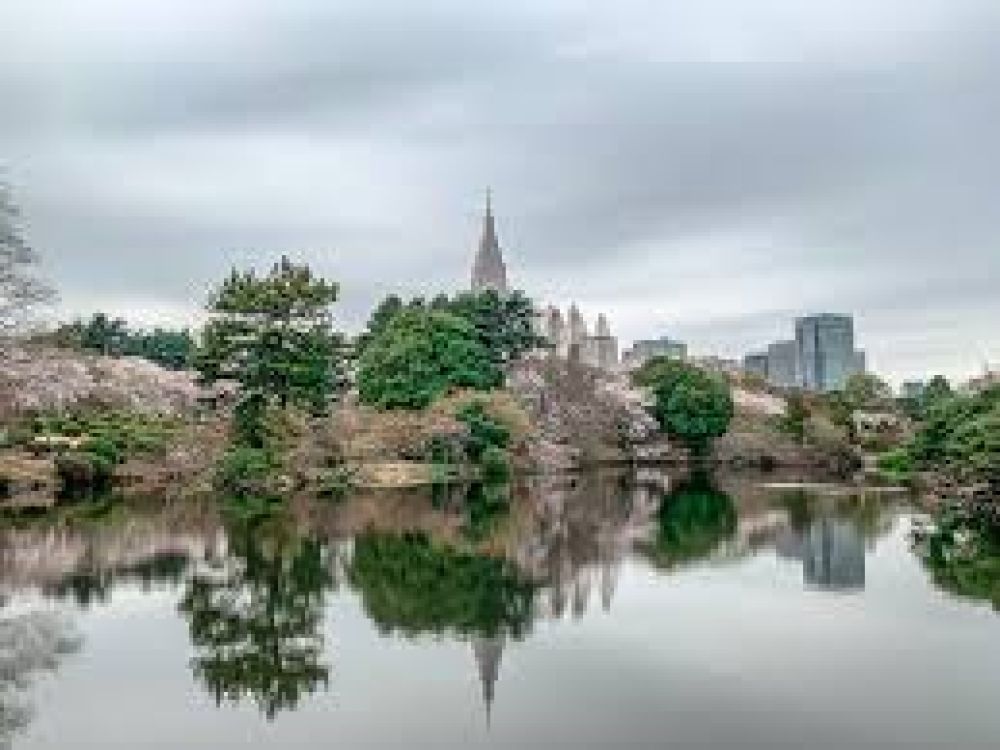Food History of Pungam Reservoir, Gwangju, South Korea
The area around Pungam Reservoir in Gwangju, South Korea, like much of the region, boasts a rich culinary tradition deeply woven into the fabric of its culture. Gwangju is famous for being a bastion of Korean food culture and has a particularly vibrant atmosphere with historical markets and a diverse array of food stalls and restaurants.
The food culture in this region reflects the natural abundance of the Honam plain, known for its fertile lands and favorable climate, which contributes to the diversity of ingredients used in local cuisine. Traditional Korean cooking techniques, such as fermentation, are celebrated here, and Gwangju is known for its delicious and varied Kimchi styles, which are often less salty and more aromatic than in other parts of Korea.
While being home to various traditional dishes, Gwangju also adapts to modern tastes and dietary preferences, offering a blend of both traditional and contemporary cuisine.
Must-Try Top 10 Food Dishes in Pungam Reservoir, Gwangju
- Bibimbap (non-veg) - A mixed rice dish with various sautéed vegetables, gochujang (chili pepper paste), and usually topped with a fried egg and sliced meat (although vegetarian versions are available).
- Pajeon (veg) - A savory pancake made with green onions and sometimes mixed with other vegetables.
- Kimchi (veg) - Fermented vegetables seasoned with various spices, most often referring to spicy fermented cabbage or radish. Kimchi varieties in Gwangju are renowned for their unique taste.
- Sundubu-jjigae (non-veg) - A spicy tofu stew often made with seafood or pork, but vegetarian versions can be requested.
- Dubu kimchi (veg) - A dish made up of stir-fried kimchi served with tofu, a popular pairing that can easily be made vegetarian.
- Tteokbokki (veg) - Spicy and sweet rice cakes, a popular Korean street food. Though often prepared with fish cakes, it can be made vegetarian.
- Japchae (veg) - A stir-fried noodle dish made with sweet potato noodles, vegetables, and occasionally beef (vegetarian without the meat).
- Jeonbokjuk (non-veg) - An abalone rice porridge, known for being nutritious and a supposed hangover cure.
- Yukgaejang (non-veg) - A spicy beef soup that typically contains vegetables, scallions, and shredded beef.
- Namul (veg) - Seasoned wild vegetables or herbs, served as banchan (side dishes).
Top Famous Restaurants in Pungam Reservoir, Gwangju
-
Songjeong Yukhoe
Address: 12 Songjeong-ro, Gwangsan-gu, Gwangju
Famous Food: Yukhoe (non-veg) - a Korean style of beef tartare.
-
Pungam Makguksu
Address: 23 Pungam munhwa-ro, Gwangsan-gu, Gwangju
Famous Food: Makguksu (non-veg) - Buckwheat noodles served cold with a tangy broth and vegetables, sometimes with added beef.
-
Chi-Maek Town
Address: 45-1 Pungam-dong, Gwangsan-gu, Gwangju
Famous Food: Chi-Maek (non-veg) - A popular combination of fried chicken and beer.
-
Gwangju Budae Jjigae Street
Famous Food: Budae Jjigae (non-veg) - A "military stew" with various ingredients such as kimchi, sausage, spam, and beans in a spicy soup.
-
Namdo Folk Food Restaurant
Address: 76, Namdo Folk Food Street, Gwangsan-gu, Gwangju
Famous Food: Namdo golbaengi muchim (non-veg) - A spicy and sweet seasoned dish made with sea snails and vegetables.
Many restaurants in Gwangju offer menus with English descriptions, and most will be able to cater to vegetarian requests with a bit of communication, given that South Korea is traditionally very meat and seafood-heavy in their diet.

